The fall season is upon us and with that, people expect to experience cooler temperatures, breezy weather changes, and the change of color in the trees. However, people forget that with the changes, there are commonly forgotten health hazards that occur during the fall. While all people are affected, those like small children and the elderly are particularly at risk. Even if you are well taken care of in a senior assisted living residence or any other type of retirement community, you should still be concerned of the seasonal illnesses of Autumn.
Common Illnesses Associated with Autumn
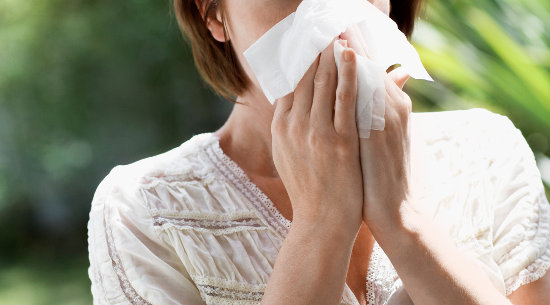
During this time of the year, several common illnesses arise in people, especially in seniors. Likely, seniors like yourself have experienced these sicknesses before while others have not. Before learning how to take care of these conditions, it would be best to understand which common autumn-associated sicknesses affect seniors the most.
Common Colds and Influenza

While the common cold can happen to anyone at any time of the year, the colder months of autumn and winter are the most likely time someone can contract a cold. A cold virus can enter your body through several parts like the mouth, eyes, nose, or skin (via touch). For seniors, they need to be careful of who they are around and be weary of the objects they touch, should someone nearby be infected by a cold virus.
Additionally, the flu season usually starts around the fall months. People with lower immune systems like children, pregnant women, and seniors are very likely to contract the flu. This is especially vital for seniors as untreated flu can lead to hospitalization and develop into worse health problems. If you show early symptoms of the flu like fever, headache, fatigue, and other flu symptoms, consider getting treatment as soon as possible. Additionally, prevention shots would be an optimal choice for one’s health.
Seasonal Fall Allergies and Asthma
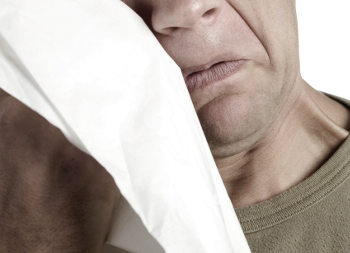
Most allergies that are associated with the fall weather are caused by the increase of ragweed pollen in the air. According to WebMD, even if ragweed doesn’t grow in your area, its pollen can travel very far through the wind. Another caused for fall allergies are dust mites. While they are more common in the summer, like ragweed pollen, they can still be present in the air we breathe.
Another reason for increased fall allergies is the presence of mold in damp parts of your living areas or from damp items like leaf piles. Regardless if you live at home, in a senior assisted living or independent living community, you should check to see if your living space has mold in it.
Arthritis Pain and Raynaud Syndrome
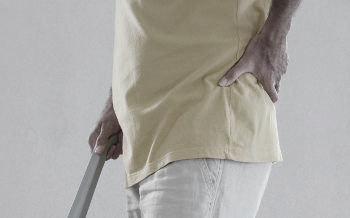
To many seniors, arthritis in the body can flare up due to the sudden shift the seasons and the weather. According to studies gathered by Arthritis.org, the colder and wetter months of autumn and winter bring a noticeable shift in barometric pressure and a sudden drop in temperature, affecting the muscles in one’s body. Once the body has gotten used to the weather and the environment has settled down, the pain will even out.
Raynaud syndrome (otherwise known as Raynaud Phenomenon) occurs usually from emotional stress or exposure to colder temperatures. During this occurrence, the blood vessels in one’s own toes and fingers start constricting, causing numbness and pain in those areas. The symptoms can be reversed by keeping the extremities warm and away from the colder temperatures of Autumn weather.
Sore Throats

During the autumn months, your body’s immune system is often impaired when compared other seasons. Just like how easy it is to catch a cold during the fall season, sore throats are very common to catch. For seniors, having a weaker immune system than those younger than yourself can lead to more occurrences of having a sore throat, which can lead to other viral infections if not well taken care of.
Heart Disease
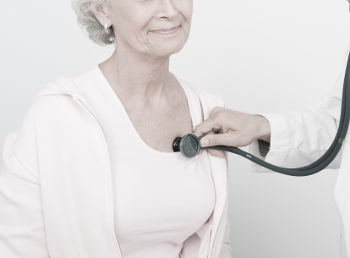
Seniors with a current or family history of heart disease should be more careful during the fall season. The reason is because researchers have found that there has been an increase in hospitalization due to heart failure issues in months with lower temperatures and barometric pressure. During these months, it is best for seniors to have access to preventative measures and support, to keep the heart healthy. Those that are in senior assisted living facilities are likely to have the treatment and support ready for them at any time.
Seasonal Affective Disorder (SAD)

Seasonal Affective Disorder is a form of depression that is associated with changes in the seasons. Seniors (particularly female seniors and those who live far from friends and family) are more likely to be diagnosed with SAD. People with SAD are likely to feel less energetic, feel more irritable, noticeable changes in body weight, and changes in behavior and mood. SAD can be taken of through various therapy, medications, and slight changes in lifestyle. Some would consider a more social life like one experienced in a senior assisted living or independent living community.
What can You Do to Prevent Fall Season Sicknesses?
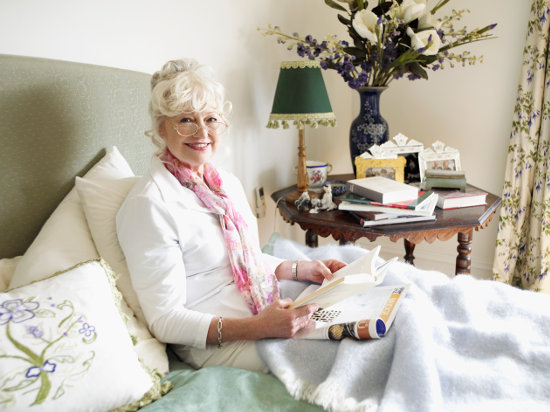
While every common sickness associated with the autumn season has different ways to cure or alleviate the symptoms, there are various ways for seniors to prevent these illnesses in the first place.
Wear Warmer Clothing
Covering your own extremities will help keep your body temperature stable and make it tougher for colds and other weather associated illnesses from infecting the body. In cold weather, make sure to wrap all exposed parts of your body as cold exposure to places like the nose can lead to lower immune systems.
Change Your Diet and Drink More Fluids
Certain foods can help boost your immune system since they are packed with nutrients and vitamins that are essential to the body. Foods that are rich in garlic and ginger have anti-inflammatory elements and anti-oxidants, which can help your body survive through the colder months. Foods that have lots of Vitamin A can help boost the immune system as well.
Keeping the body hydrated is always essential, but especially in the winter. Staying hydrated makes our bodies flush themselves out more often, which will boost one’s own immune system. Also, gargling water can help, as it can prevent upper respiratory illnesses that occur during the fall.
Get More Sleep
Sleep can have a direct influence on one’s mental and physical health. It’s been shown that people who sleep less than seven hours a day are three times more likely to catching a cold, flu, or other illnesses during the fall season.
Engage in Exercise and Other Physical Activities
Exercise can only keep you in shape but also make you more immune to illnesses. Exercise can prevent upper respiratory illnesses. Some senior activities you can do are brisk walks, bike riding or jogging. If you’re in a senior assisted living community or any other retirement community, consider joining in community physical activities so you can strengthen your body.
Practice Good Hygiene to Prevent Contraction and Spreading
Since illnesses like the cold and flu are contracted by touching infected people or objects, it would be best to keep up the practice of good personal hygiene. Wash your hands and your face frequently to prevent germs and viruses from entering the body. Hand sanitizer is a good alternative in case you can’t be reach a sink.
How Do Senior Assisted Living Places Do to Prevent Such Sicknesses?
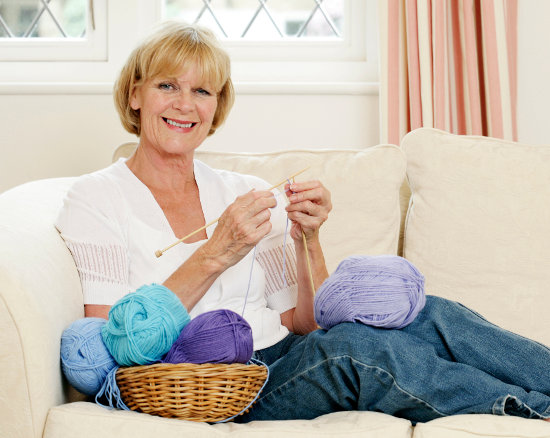
A growing number of individuals are currently utilizing senior assisted living services or enrolling in specialized communities for their health. Aside for the comfortable residential atmosphere and daily activities, these communities offer provide both personal care and on-site healthcare services. The highly trained and experienced staff know what to do keep their residences safe and healthy, even when facing the challenges of seasonal allergies and sicknesses. These communities make sure that their medical supplies are well stocked and that everyone is prepared for any kind of non-emergency sickness.
Is Assisted Living Right for Me or My Loved Ones?
If you are unsure about joining a senior living community or residency, take our senior care evaluation tool. It can determine what type of care is right for you or your loved ones’ senior lifestyle. It would also be a good idea to determine if you can afford this lifestyle (but most are with financial assistance from various sources) and knowing what amenities are important to you or your loved ones. Once you have done the research, you should know if you are ready for healthy and enjoyable senior living.




